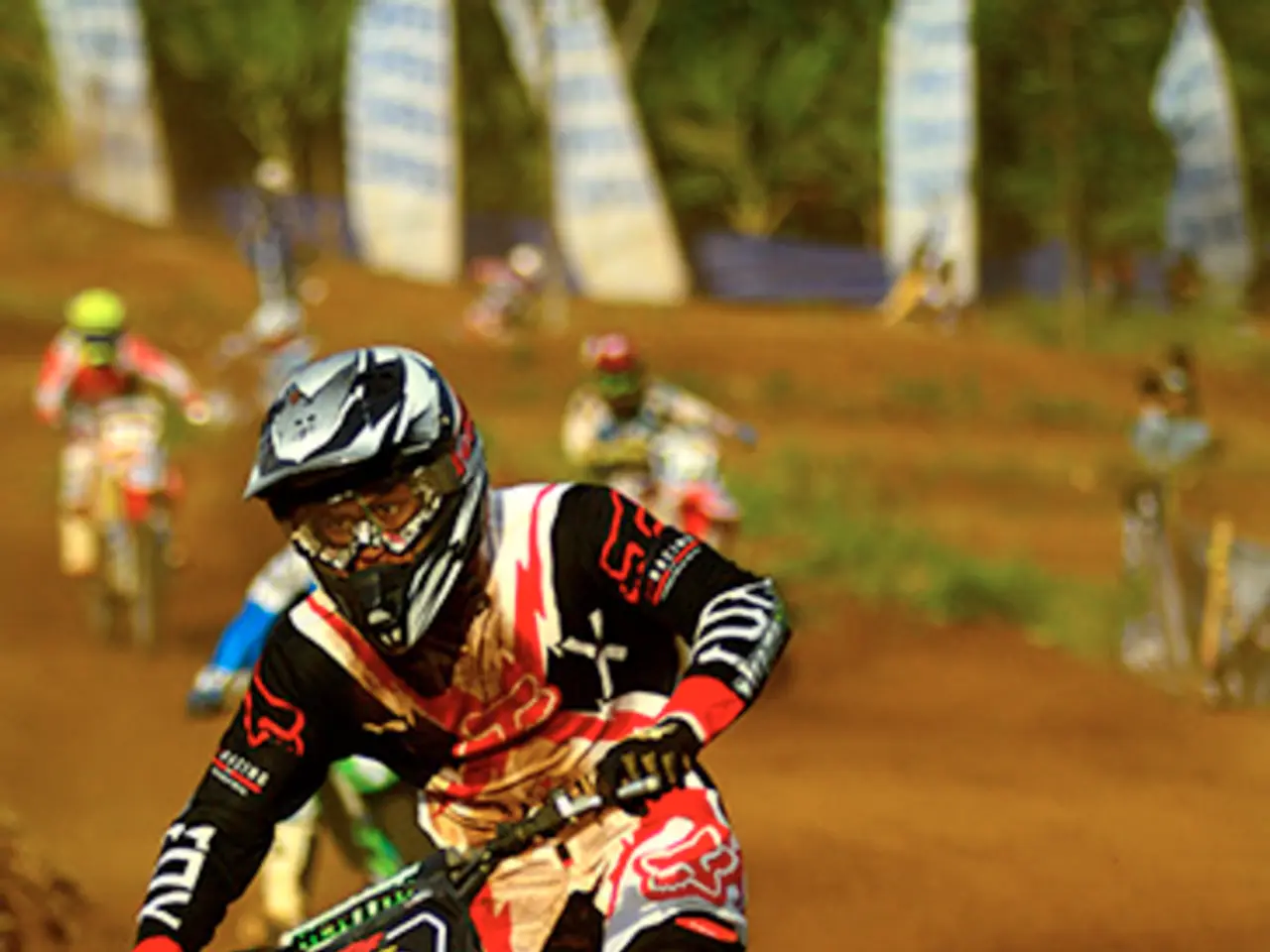Exploring the Path to Recovery Following a Motorbike Collision
Motorcycle accidents pose unique risks due to the lack of external protection, making them particularly hazardous. This results in a higher likelihood of both physical and psychological injuries compared to other vehicle accidents.
## Common Types of Injuries
Physical injuries are a significant concern in motorcycle accidents, with head and brain injuries, spinal cord and neck injuries being among the most severe outcomes. These can result in concussions, traumatic brain injuries (TBIs), paralysis, long-term neurological issues, or even death.
Psychological injuries, such as PTSD, depression, and anxiety, are also common following a motorcycle accident. Emotional and mental support is crucial during recovery.
## Consequences and Recovery Process
Immediate medical attention is essential, especially for head injuries where symptoms may be delayed. Physical rehabilitation involves physical therapy and ongoing care to maximize recovery from injuries. Long-term support, both medical and mental, is necessary for long-term recovery, addressing physical and psychological challenges.
## Safety Measures for Prevention
Riders can take several steps to reduce the risk of accidents. Using protective gear, such as helmets meeting safety standards like DOT, ECE, or Snell certifications, armored clothing, gloves, and sturdy boots, is crucial. Riding sober, attending certified motorcycle training courses, and equipping bikes with advanced safety technologies and ensuring regular maintenance are also important. Staying alert and aware of road conditions and other vehicles is essential in preventing accidents.
## Accident Statistics
Motorcyclists are significantly more likely to be injured or killed in accidents compared to car occupants, with approximately 80% of motorcycle crashes resulting in injury or fatality. In 2023, 6,335 motorcyclists were killed in the U.S., with 26% of these fatalities involving alcohol impairment.
By following these safety measures and understanding the risks and recovery process, riders can significantly reduce their chances of being injured in motorcycle accidents. Healing after a motorcycle accident encompasses nurturing both the mind and spirit, not just avoiding physical harm. Sharing personal stories can serve as a reminder that we are never alone on our journey, and connecting with others who have faced similar challenges can help in the healing process.
- In the realm of media, publications often highlight stories of motorcycle accidents and the unique risks associated with them, emphasizing the importance of safety measures.
- Events such as fashion shows, health-and-wellness seminars, or fitness-and-exercise workshops can serve as platforms to educate riders about the role of safety gear in preventing injuries.
- Those who have experienced motorcycle accidents might share their stories in the beauty segment of various media outlets, emphasizing the emotional and mental impacts of these incidents.
- Therapies and treatments for individuals recovering from motorcycle accidents often involve not only addressing physical injuries but also addressing the psychological damage caused by the event, such as PTSD or anxiety.
- General news outlets might report on the latest scientific research in the field of accident prevention, discussing the role of advanced safety technologies in reducing the risk of motorcycle accidents.
- While covering accidents in their news, media organizations might also stress the importance of mental health support during recovery, reminding the audience about the long-term emotional impacts of such traumatic experiences.




